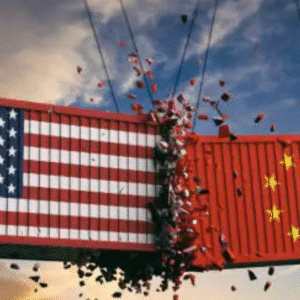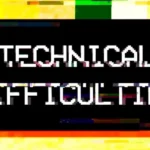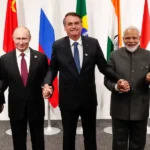AI-Edited Raanjhanaa Controversy
Actor Dhanush has strongly criticized the AI-altered re-release of Raanjhanaa, expressing deep concern over unauthorized changes to the film’s climax. His comments fuel the ongoing debate around ethical AI use in the film industry, highlighting the need for strict regulations—a key theme in this AI-edited Raanjhanaa controversy.

Image: Prime Video
Dhanush Condemns AI-Climax in Raanjhanaa
Actor Dhanush has voiced strong opposition to the recent re-release of the 2013 Bollywood film Raanjhanaa with an altered AI-generated climax. The digitally modified version of the film, which has circulated online, features a drastically different ending than the original. The use of artificial intelligence to make unauthorized narrative changes has alarmed not just Dhanush but several industry veterans.
“It Has Disturbed Me Deeply”
In a public statement, Dhanush said the new climax had “completely disturbed me as an artist.” He emphasized that films are emotional, collaborative works that reflect the director’s and actors’ original vision, which should never be tampered with post-release. Director Aanand L. Rai also stood by the actor, voicing disappointment over the AI edit.
Rising Debate Around AI and Film Integrity
This incident has reignited conversations around the ethical use of artificial intelligence in entertainment. While AI is increasingly used for CGI, dubbing, and de-aging, its interference with plot and storytelling without consent is being seen as a serious overreach. Dhanush called for immediate and stricter regulations to govern AI use in the creative industries.
Industry experts warn that such unauthorized modifications could set dangerous precedents, altering not just artistic expression but also public perception and cultural memory of iconic works.
Read More..- Bigg Boss Malayalam 7 Begins With Star-Studded Line-Up
Bollywood Joins the Call for Regulation
Following Dhanush’s statement, several Bollywood figures, including directors and writers, have expressed solidarity. The general consensus is that AI should assist creativity—not hijack it. They stress that legislation must catch up with technological advancements to protect intellectual property and artistic integrity.














